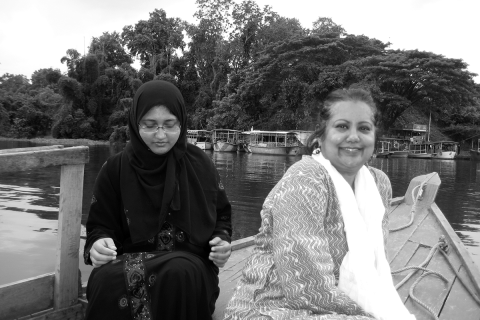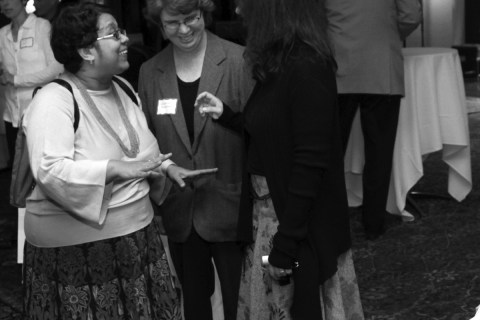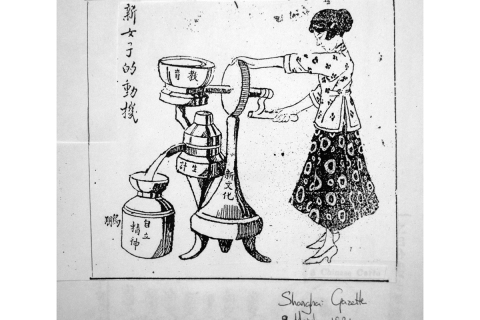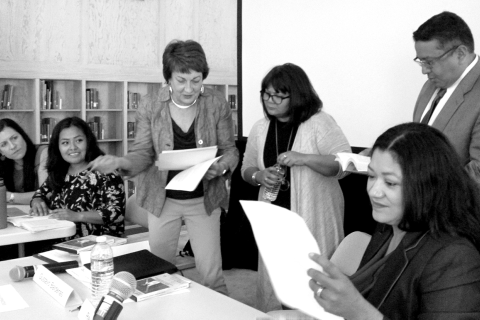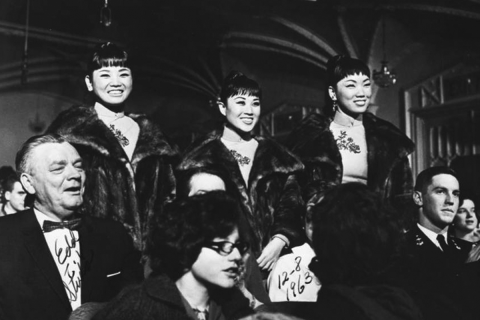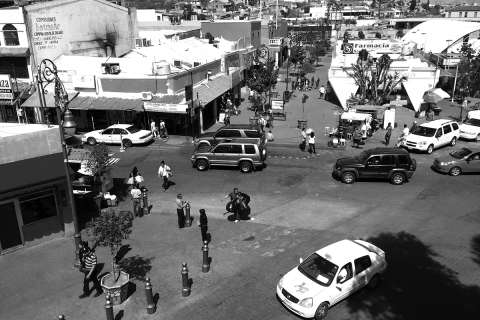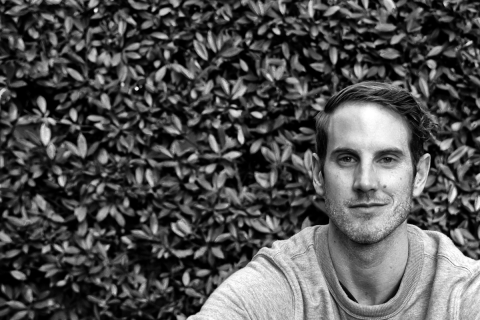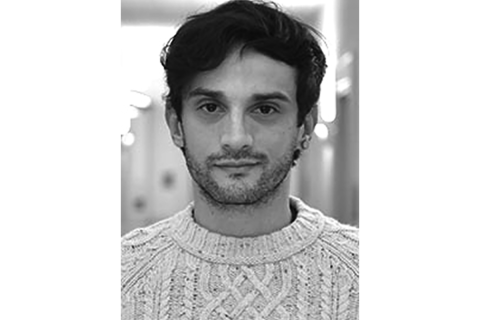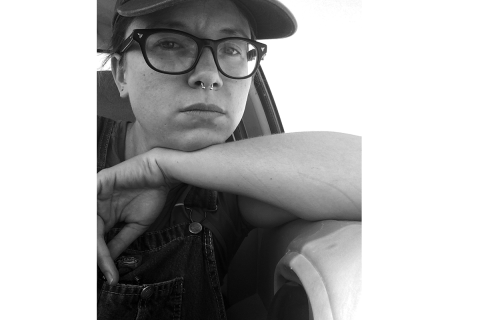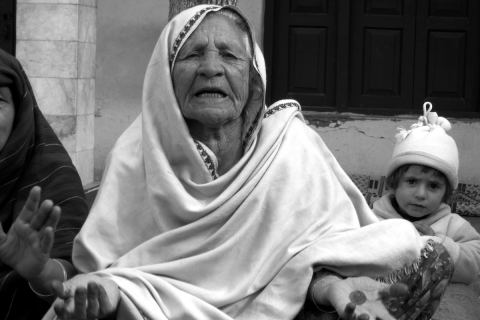
Pakistan: Gathering Stories of Women in the Valley of Swat
by Anita Weiss, Professor and Head, Department of International Studies
The majestic Valley of Swat has endured many challenges and transformations in its storied history, but none may have the lasting impact on space and society as the occupation of the area by the Pakistan Taliban in the mid-2000s and the subsequent invasion by the Pakistan military to root them out in May 2009. The winding road to Swat, up through the Malakand Pass in the Provincially Administered Tribal Area (PATA) of the Khyber Pakhtunkhwa province, makes for a formidable barrier from the rest of Pakistan.
The majestic Valley of Swat has endured many challenges and transformations in its storied history, but none may have the lasting impact on space and society as the occupation of the area by the Pakistan Taliban in the mid-2000s and the subsequent invasion by the Pakistan military to root them out in May 2009. The winding road to Swat, up through the Malakand Pass in the Provincially Administered Tribal Area (PATA) of the Khyber Pakhtunkhwa province, makes for a formidable barrier from the rest of Pakistan.


